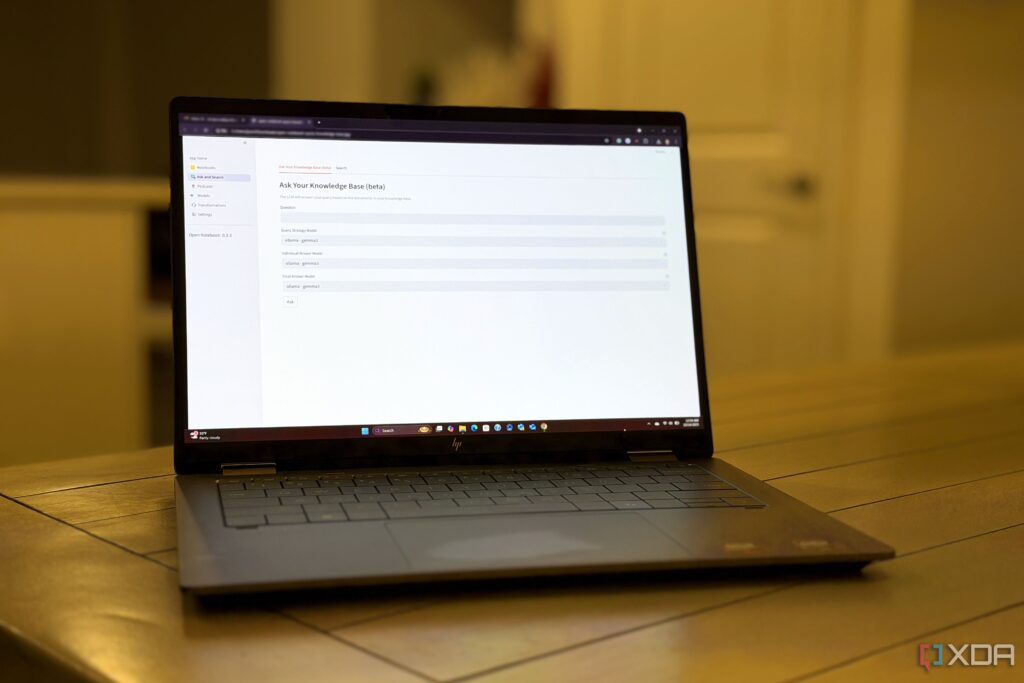
UPDATE: A new self-hosted AI notebook alternative, Open Notebook, has just been launched, providing a critical solution for users seeking to reduce their data dependency on major tech companies like Google. This development comes as concerns grow over data privacy and reliance on cloud providers.
Open Notebook allows users to create AI-powered notebooks that support multiple content formats, including URLs, PDFs, and even YouTube links for transcript generation. As of October 2023, users are rapidly exploring this platform as a viable substitute for NotebookLM, which has gained popularity for its ability to dissect complex research topics efficiently.
The urgency surrounding this shift highlights the increasing demand for privacy-focused tools. Users are increasingly wary of handing over their personal data to large corporations. Open Notebook promises to enhance user control by keeping all uploaded data local, ensuring it does not access external services like Google Docs or Notion.
Key features of Open Notebook include:
– **Model Provider Support:** Choose from multiple AI providers, including OpenAI and Elevenlabs.
– **Content Support:** Upload various content formats with ease.
– **Chat Assistant:** Interact with an AI assistant for instant insights.
– **AI-Powered Notes:** Utilize AI to enhance note-taking and summarization.
– **Podcast Generator:** Convert notes into engaging podcasts, a feature that has resonated well with users.
Open Notebook’s setup process is straightforward for those familiar with Docker. Users can quickly deploy the platform, allowing them to customize which AI models to utilize based on their personal needs and workloads. This capability ensures that users can adapt the tool according to their research intensity and budget constraints.
The platform’s ability to process information and generate summaries is particularly appealing to researchers and students. With a quick setup and a range of supported AI models—including OpenAI, Anthropic, and Mistral—Open Notebook aims to accommodate diverse user preferences.
However, the transition to Open Notebook is not without challenges. Users have reported initial difficulties with API integration and token limits across various services. Despite these hurdles, many are willing to persevere, recognizing the long-term benefits of maintaining ownership of their data.
For those who are passionate about research or simply looking for a robust note-taking solution, Open Notebook represents a significant step forward. It allows users to curate their information without the fear of losing access to their data should a service discontinue or change its terms.
As the landscape of AI tools continues to evolve, Open Notebook stands out as a pioneering option for those prioritizing data privacy and customization. Users are encouraged to explore this innovative platform and share their experiences as it gains traction in the tech community.
The launch of Open Notebook is a pivotal moment in the ongoing conversation around data ownership and privacy, prompting many to reconsider how they interact with AI models and cloud services. Stay tuned for further updates on this developing story.







